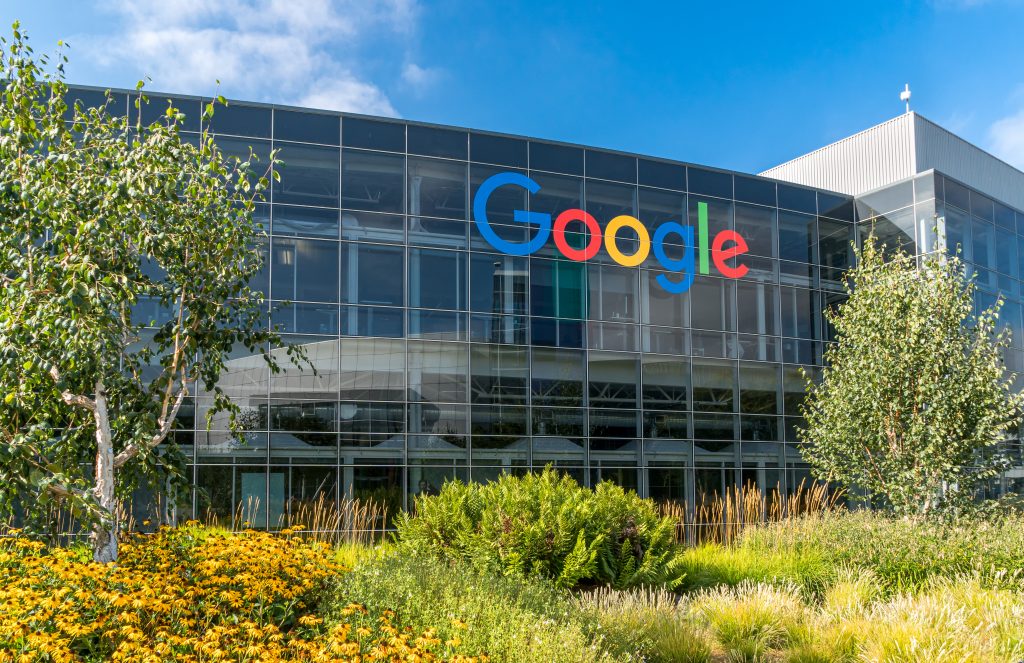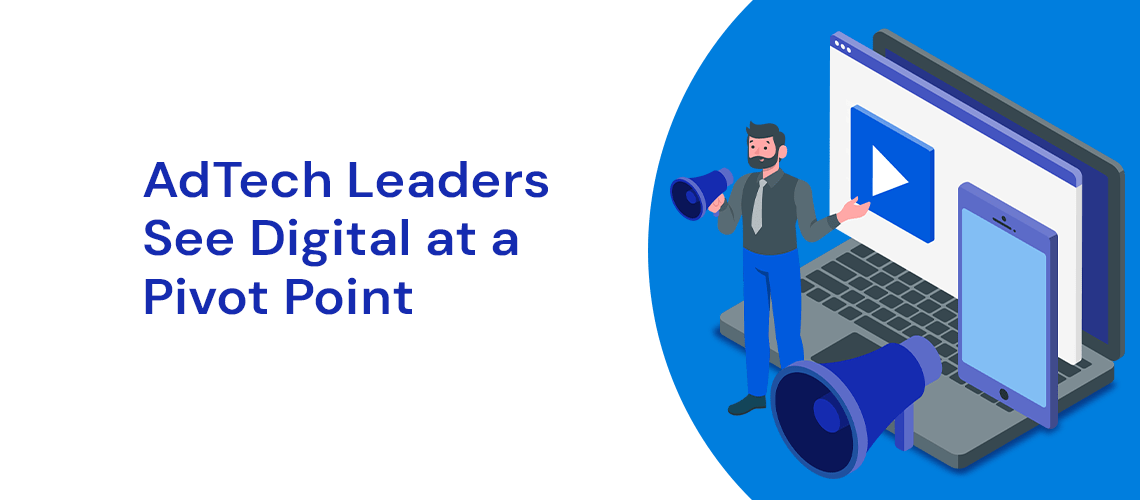The digital advertising market has not been short of major developments already this year, and this was perhaps best captured at the IAB Annual Leadership meeting in Florida at the end of January.
Set on the sunny Marco Island, a barrier island in the Gulf of Mexico off Southwest Florida, the best minds in advertising congregated to share their thoughts on an already tumultuous year.
What topics were front and center for the main speakers? Travis Lusk, writer of the AdLingo newsletter attended the gathering, and wrote detailed day one and two summaries of the main presentations. It was Paramount President and CEO Bob Bakish who best outlined the key topics for digital media and advertising in 2024. His key topics naturally focused on online video streaming, but could be applied across the media and advertising sector: the evolution of the media landscape, content as a differentiator, media industry consolidation, and the need to increase investment in adtech.
The Chief Executive of the IAB David Cohen said the digital media market was at a “pivot point”, with traditional certainties fading and future directions yet to be fully defined. As Lusk writes: “Cohen’s speech painted a picture of an industry at a crucial crossroads, facing significant external challenges and internal transformations. He called for proactive engagement, innovation, and a balanced approach to shaping the future of digital advertising and media”. The 1200 person event delivered 120 speakers, in topics ranging from generative AI, to privacy, the adtech ecosystem. A panel of venture capital and private equity executives, moderated by adtech investment banker Terry Khawaja, outlined the drivers of financing across adtech this year, and is worth viewing. There was also a lot of chat in the corridors of the conference, which Digiday picked up.
Google vs the world

It’s been a whirlwind fortnight in the great Chrome cookie deprecation saga. First the UK’s Competition and Markets Authority published its review of Google’s Sandbox, Google responded, then the IAB Tech Lab filed a mega critique, and Google then said that its new API technology would fix any concerns. The Sandbox program will undertake a second review in April.
Regardless of timing, what is certain is that marketers need to start testing a wide range of Chrome cookie alternatives now.
“Their resellers continued to claim that privacy sandbox would be the knight in shining armor for their tracking, measurement and targeting woes (exactly the same misinformed promotion occurred with Ads Data Hub) – only now do Google speak up to protect themselves from negative publicity; as eventually the industry catches up to realize it is not a simple lift-and-shift replacement for the cookie,” said Jospeh Pamboris, Solution Lead and Co-Founder at Alligator Solutions. “Nothing will be, because if there is a lift-and-shift alternative to the 3p cookie, it will create exactly the same problems as we have now.”
The full Google response to the IAB Tech Lab paper can be found here, and outlines why the digital industry needs to do its own work.
The Privacy Sandbox APIs provide building blocks that support business goals while preserving privacy for people. They are not designed to offer 1:1 replacements for third-party cookies or cross-site identifiers,” the report said. “ In order to deliver meaningful improvements to user privacy, it’s not viable to recreate every marketing tactic as it exists today. But it is possible to provide solutions that address business objectives by adapting existing approaches and, in some cases, inventing new ones. While this change takes investment, effort, and collaboration, we believe it is both necessary and achievable.”
Google did note it still needs the final stamp of approval, but it remains committed to a full phase-out of third-party cookies by the end of the year.
“We continue to move forward with our plans to phase out third-party cookies in H2 2024, subject to addressing any remaining competition concerns from the UK Competition and Markets Authority,” Google said.
The digital advertising industry is certain to be confused and concerned, and it’s likely to be at least a few months before any clarity is delivered. Then marketers will only have a short window to get ready for the busy quarter four Internet sales period. Lock in for a wild ride.
The open web vs walled garden showdown is heating up

Marketers want to know their media spend is on-target, hitting the right audience of existing and new prospects, and not suffering from extreme wastage. That seems to be the intent of a new media quality offering launched by independent demand-side platform, The Trade Desk.
AdWeek has reported that The Trade Desk is testing a new product with its advertiser clients called SP500+ (Sellers and Publishers 500+) , which enables brands to target premium publishers, including The New York Times, Disney+, and Spotify.
The Trade Desk is now promoting the concept that marketers will have better control over where their ads run, and that they won’t filter down to low performance mid-tail and long-tail websites. The product launch is a direct swipe at Google and Facebook, and other walled garden properties such as Amazon.
As veteran marketer and adtech consultant Lou Paskalis said about the new The Trade Desk offering: “I would add that this inventory is offered inside of SP500+ by identified publishers in a clean, well-lit environment where advertisers can know where their impressions are being served and opt out of any particular publisher they would like to. This is in direct contrast to the so-called black boxes that strip advertisers of choice and have been shown to place advertisers ads in environments that expose those advertisers to compliance and reputational risk.”
As cookies (eventually) expire across the web, reaching audiences outside of walled gardens becomes more difficult, and publishers stand to benefit, because they possess significant amounts of data. That data needs to be better promoted in the adtech ecosystem.
The new publisher list from The Trade Desk may signal a swing back to the publisher side of the adtech landscape, rightly taking some power from the media buyer side. The Trade Desk can be expected to ramp up its marketing for SP500+, and bolster its contextual advertising and first-party data activation offerings against this list. Publishers that have earned growing and loyal audiences via the regular delivery of quality content, will benefit over time. This product, if brought to full commercial fruition, is clearly a victory for the open web advertising industry.


